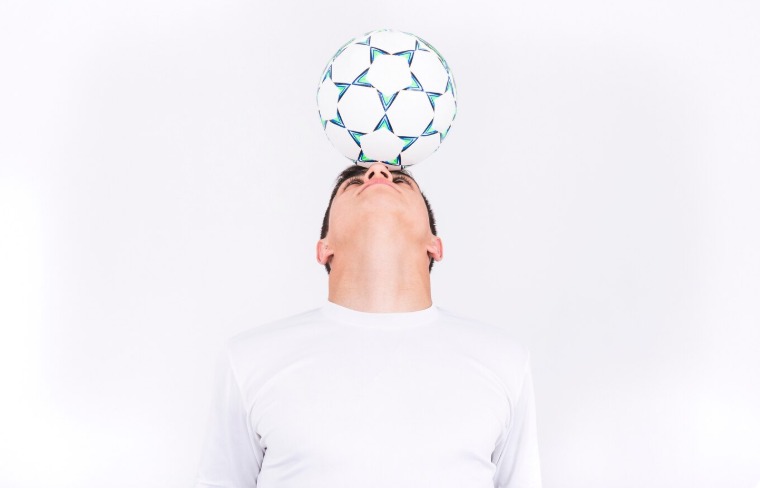Your team is losing by ten, your best player is hobbling along, and the fans are biting their nails–but even then, you believe. And that wild, unreasonable hope is not merely one of loyalty or habit, it is a psychological pattern which goes very deep in our make-up as connective creatures. We are not simply watching a game, but being emotionally invested in a story of rebellion and vindication.
Menu list
Evolutionary Roots of Group Loyalty
Many millennia ago, the survival of the fittest meant staying within your group. That same old instinct still lives inside us today. Whether we’re cheering in stadiums or watching a casino live stream with other fans, we’re feeding that built-in need to belong. Whenever we attend games and put on team colors or chant together, we are fulfilling that primitive need to fit in.
That is why rooting for the underdog is so tangible. In their victory, we win. And particularly when nobody thought they would. We do not simply cheer on a team — we become a part of a tribe. And when we doubt that tribe, our loyalty is all the more.
Emotional Reward of Defying Expectations
When the underdog triumphs, a bulb goes on in our brain. It’s more than just excitement; it’s chemistry. Surprises have been found to trigger the release of dopamine, the feel-good signal in the brain. The greater the surprise of the outcome, the bigger the reward.
What we love about it:
- We remember surprises better.
- It makes us feel daring to have taken the risk.
- When the underdog wins, it seems like justice.
- It satisfies the same itch as gambling and winning big.
It is a bigger moment than the game. We did not merely watch a victor; we felt that we had won against the odds ourselves.
Underdogs and our Social Identity
We do not simply watch underdogs; we recognize ourselves in them. Whether it’s inner battles or being an outsider, they speak our language. In sports, gambling, or placing a bet on Melbet, they become symbols of resilience, self-belief, and hope. They remind us that odds are not everything.
Underdogs Reflect Personal Values
A team that out-hustles, out-fights, and never gives up, even when the scoreboard tells them they ought to, strikes a chord somewhere in the chest. We do not simply idolize them, but we require them to be there. They make the grind that we go through in our everyday lives seem justified.
Research indicates that fans relate better to players who are perceived as hardworking than to dominant players. It is not a question of talent; it is a question of character. It is all those times that we picked ourselves up after a defeat. It is not foolish to bet on them; it is faith in guts, not glory.
Reinforcing a Sense of Fairness
It is not only sentimental to cheer for the underdog, but it is also right. When one side appears too loaded, fans naturally yearn to see equilibrium. It feels right to watch Goliath being brought down by David. It feels like justice, like the system can still be thrown out of its orbit. We do not root only for the side of winning, but for the side of fairness.
There is a psychological aspect to sports betting that even out the playing field. Underdogs symbolize what is right — what ought to occur in a fair world, not merely a fixed one. It is not just exciting when they win, but it feels right as well. That is when it is a slight act of defiance against predictability, against privilege, against certainty.
Media’s Role in Shaping the Underdog Narrative
The media do not simply cover underdog stories; they create them. The broadcasters understand the location of the heartstrings and how to tug them. Play the heart-tugging back story, the slow-motion training sequences, the hometown sobbing. All of a sudden, a team that had a 5 percent chance of winning seems like fate in action.
Sports networks, documentaries, and even betting promos create characters out of statistics. And they know what sells all right: struggle, grit, defiance. Underdogs are marketed easily since they cannot be ignored. And when we are already addicted, every point is personal.
What Our Cheers Mean About Us
The joy of rooting for the underdog has little to do with sport, but rather with our perception of the world and our role in it. It demonstrates that we still believe in heart over hype, fighting over ease, and rising even when the odds are against us. In betting on the long shot, we are not merely cheering; we are challenging the world to astonish us.





